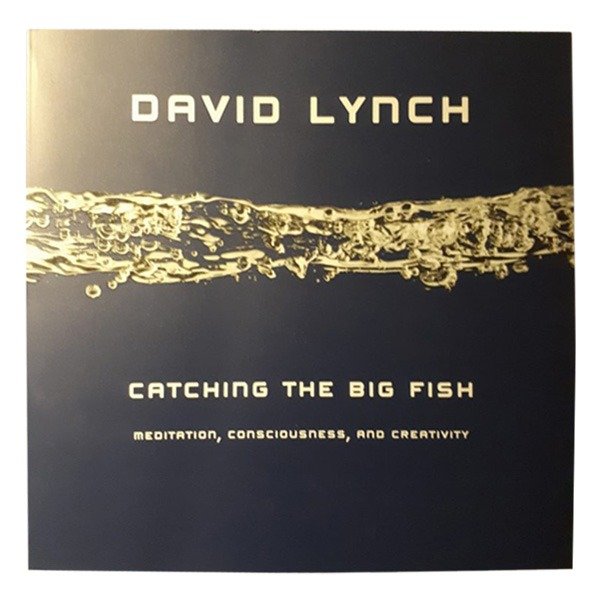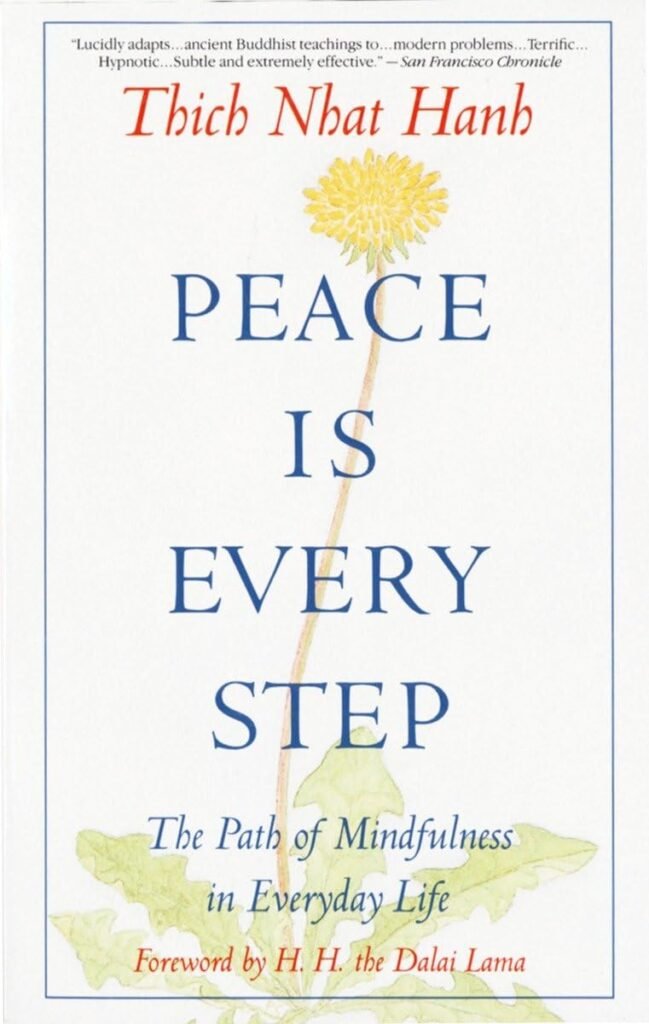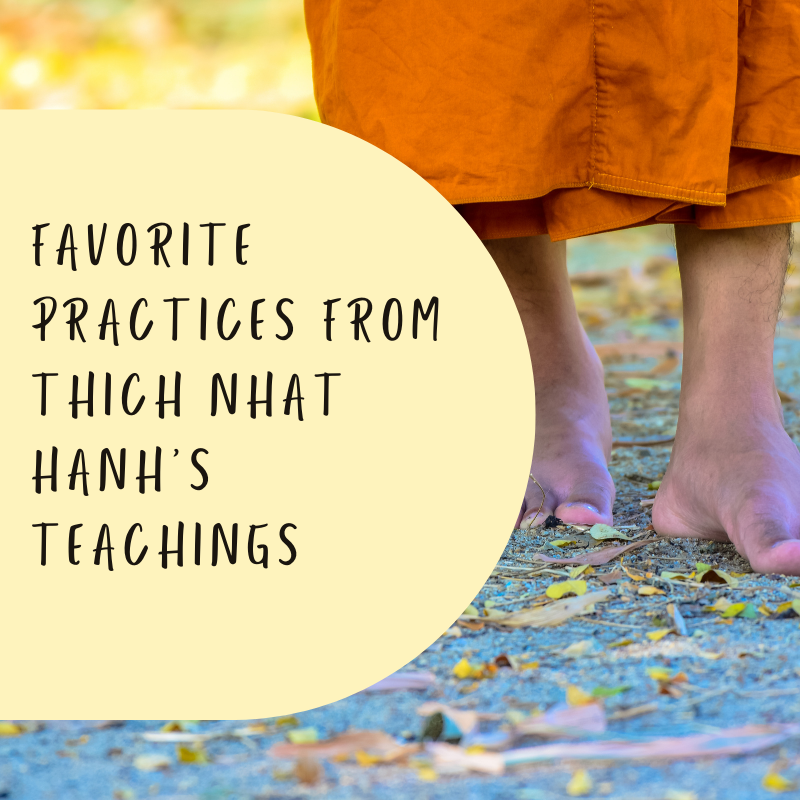Catching the Big Fish: David Lynch on Meditation and Creativity

A Tribute to David Lynch
David Lynch, the visionary filmmaker behind Twin Peaks, Mulholland Drive, and Blue Velvet, recently passed away, leaving behind an unparalleled legacy. His distinct style blended the mysterious with the ordinary, creating stories that felt both dreamlike and deeply personal. Beyond his contributions to cinema, Lynch was a long-time practitioner of Transcendental Meditation (TM), which he credited as a key influence on his creative process.
If you’re a fan of his work, reading this book feels like sitting down with him for a quiet, thoughtful conversation. And if you’re someone who’s ever wondered how meditation and creativity connect, this book is a fascinating place to start.
What Catching the Big Fish Is—and Isn’t
Let’s get something clear from the beginning—this isn’t a how-to book. Catching the Big Fish won’t teach you how to meditate. Instead, it’s a collection of Lynch’s reflections—short, punchy, poetic insights into creativity, filmmaking, and the power of diving deep into the mind. Each chapter offers a glimpse at how meditation shaped not just his art but his entire way of being.
Creativity and Meditation: The Deep Connection
Lynch describes ideas as fish—some are small, some are big, and the best ones swim deep. To catch them, you have to go deep yourself. That’s where meditation comes in. For Lynch, Transcendental Meditation was the way he accessed those deeper waters. It’s how he cleared away the noise, found clarity, and opened himself to inspiration. But here’s the thing—this isn’t a book telling you that TM is the only way. Lynch simply shared what worked for him and encouraged others to find their own path to creative clarity.
Debunking the Myth of the Tortured Artist
One of my favorite insights from the book is Lynch’s rejection of the idea that suffering is necessary for creativity. There’s this romanticized notion that great art comes from pain, that you need to be tortured to create something meaningful. Lynch disagreed. He argued that clarity, not chaos, is the key to creativity. Meditation, for him, wasn’t about losing his edge—it was about sharpening it. It was about making space for ideas to flow freely, unclouded by stress or negativity. And honestly, that feels like a message a lot of artists need to hear.
Meditation’s Ripple Effect: Beyond the Self
Lynch also touched on something bigger—the idea that meditation doesn’t just benefit you, but the world around you. He believed in the ripple effect, that inner peace can lead to outer peace. And while that might sound lofty, he backed it up with reflections that made you pause and think. What if more people had access to this kind of inner stillness? What kind of world would that create?
Who Should Read This Book?
This book isn’t just for Lynch fans or meditators—it’s for anyone looking for a different way to approach creativity and life. If you’ve ever felt creatively stuck, or if you’re curious about how deep reflection can fuel your work, this book offers a fresh perspective.
Final Thoughts: Why Catching the Big Fish Matters
David Lynch’s passing is a reminder of the immense impact his work had on so many people. Catching the Big Fish offers readers a glimpse into his mind and the creative practices that guided him throughout his life. If any of this resonates with you, I highly recommend picking up the book or, better yet, listening to the audiobook. And if you want to hear more of my thoughts on it, check out my podcast episode where I dive deeper into Lynch’s ideas and how they’ve influenced my own creative journey. The world of creativity is vast, and sometimes, to catch the biggest ideas, you just have to be willing to go deep.


